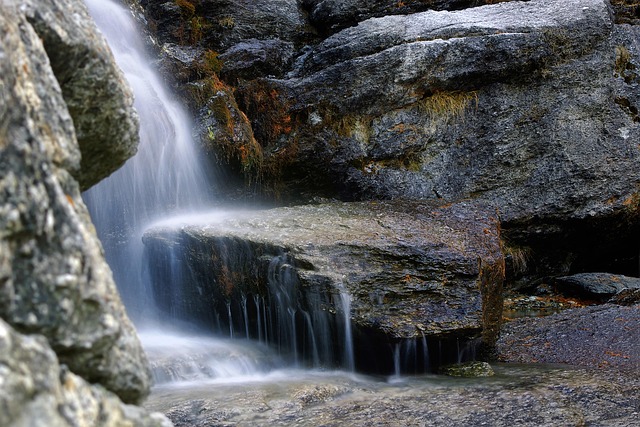
Pollinators Plants: A Love Affair with Nature
In the grand theatre of our gardens, there exists a cast of characters so vital, yet often overlooked—the pollinators. These tiny heroes, including bees, butterflies, and hummingbirds, play a starring role in the drama of biodiversity. Without them, our gardens would be like a rom-com without the romance—utterly bland! 🌼
Why Pollinators Matter
Imagine a world where fruits and flowers are merely figments of our imagination. Scary, right? Pollinators are responsible for about one-third of the food we consume. They help in the reproduction of over 75% of flowering plants. So, if you’ve ever enjoyed a juicy strawberry or a vibrant sunflower, you can thank these little winged wonders!
Choosing the Right Plants
Now, let’s talk about how to attract these pollinators to your garden. The key is to grow a diverse range of native plants. Native plants are like the local cuisine of the plant world; they’re familiar, comfortable, and beloved by our pollinator pals.
- Milkweed: This plant is not just pretty; it’s the lifeline for monarch butterflies. Think of it as the VIP lounge for these majestic insects.
- Echinacea (Coneflower): A favorite among bees, these flowers are like nature’s candy store. Plus, they look fabulous in any garden!
- Black-eyed Susan: With their cheerful yellow petals, these flowers are like the party starters for pollinators. They’ll bring in the bees and butterflies faster than you can say “pollination!”
- Bee Balm: This fragrant beauty is adored by hummingbirds. It’s like a five-star restaurant for them, and who wouldn’t want to dine there?
Creating a Pollinator-Friendly Environment
It’s not just about planting the right flowers; it’s about creating a welcoming environment. Here are a few tips:
- Provide Shelter: Think of your garden as a cozy hotel for pollinators. Add some native shrubs or small trees where they can rest and hide from predators.
- Avoid Pesticides: Let’s keep the drama out of our gardens. Pesticides can harm our pollinator friends. Instead, opt for natural pest control methods.
- Water Sources: Just like us, pollinators need a drink! A shallow birdbath or a small dish of water can be a lifesaver on a hot day.
Join the Pollinator Party!
By creating a pollinator-friendly garden, you’re not just beautifying your space; you’re also contributing to the health of our planet. So, roll up your sleeves, put on your gardening gloves, and let’s get planting! 🌿
Remember, every flower you plant is a step towards a vibrant ecosystem. And who knows? You might just find yourself becoming a pollinator whisperer in the process!
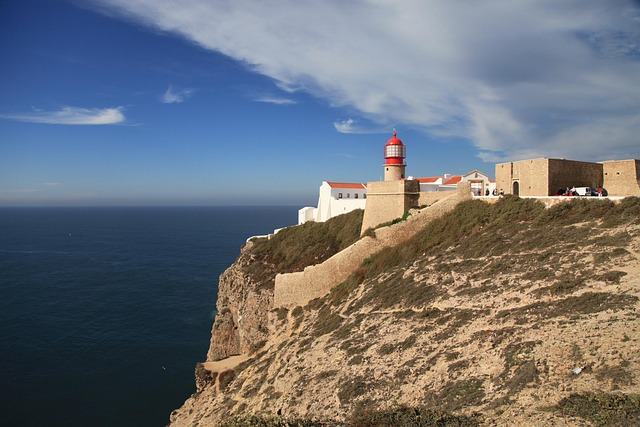
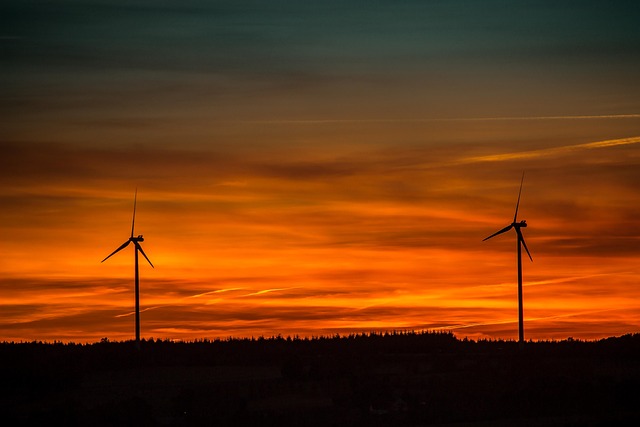

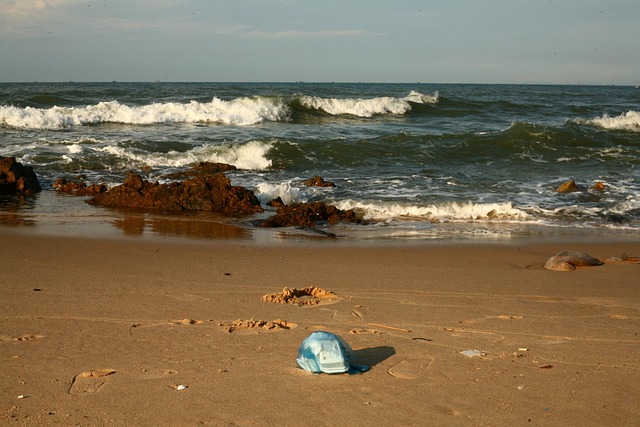
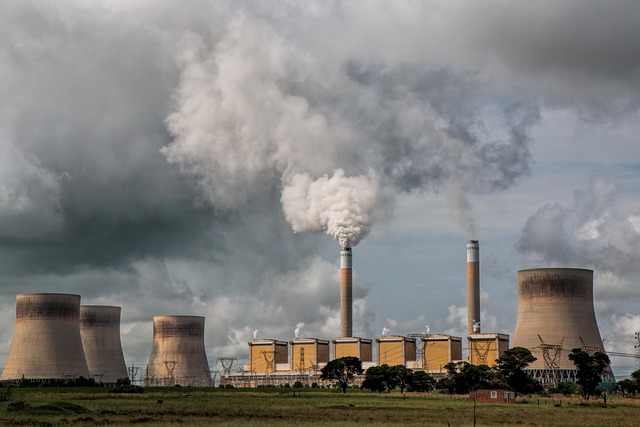
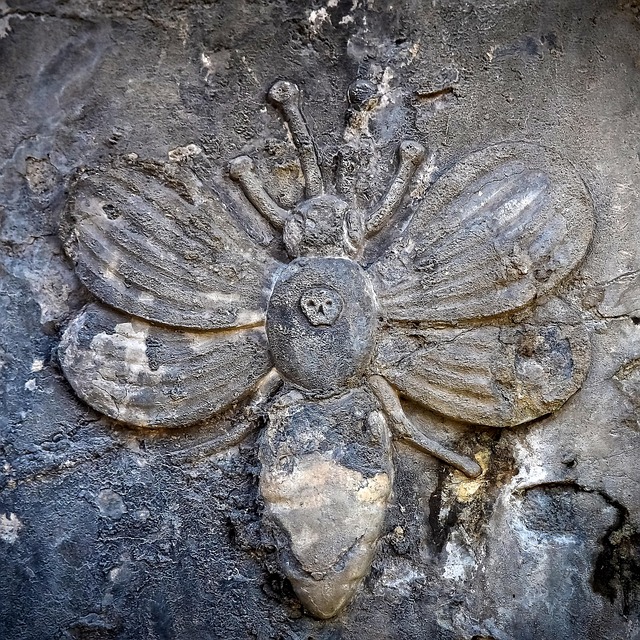

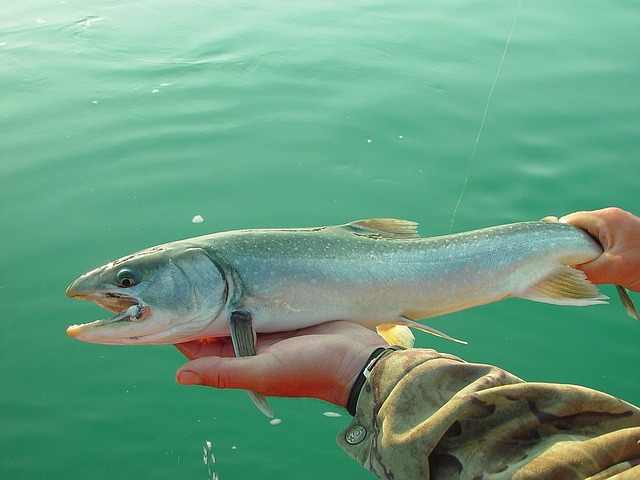
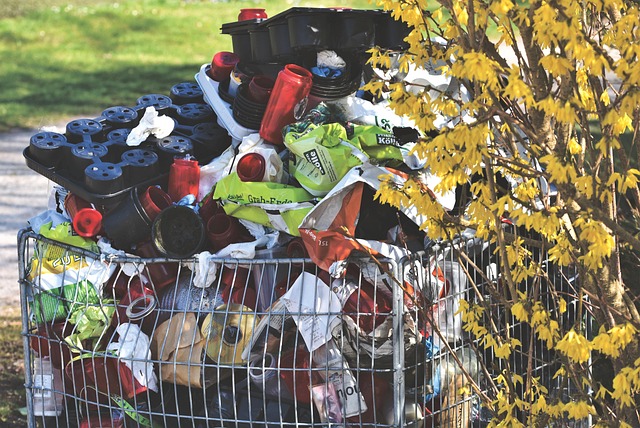
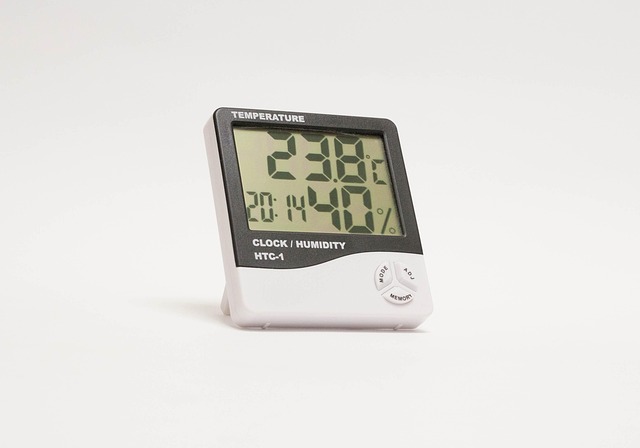

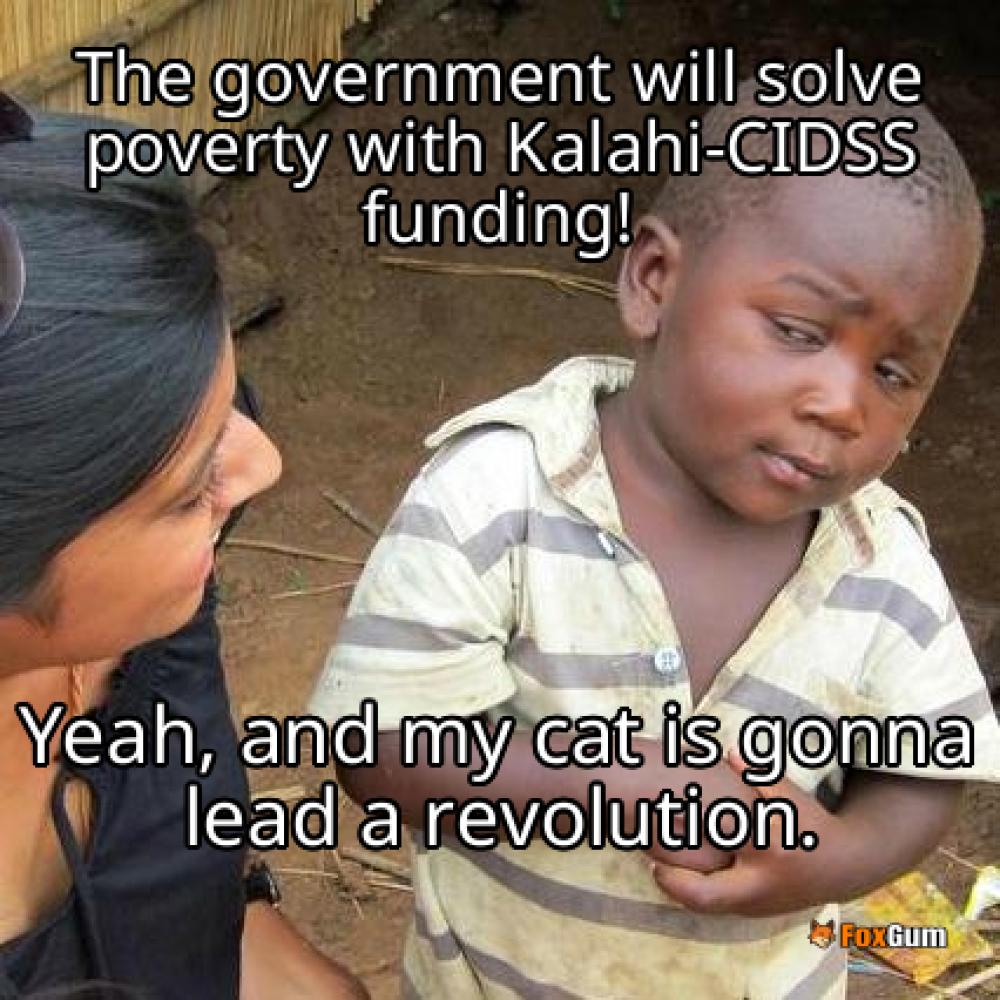
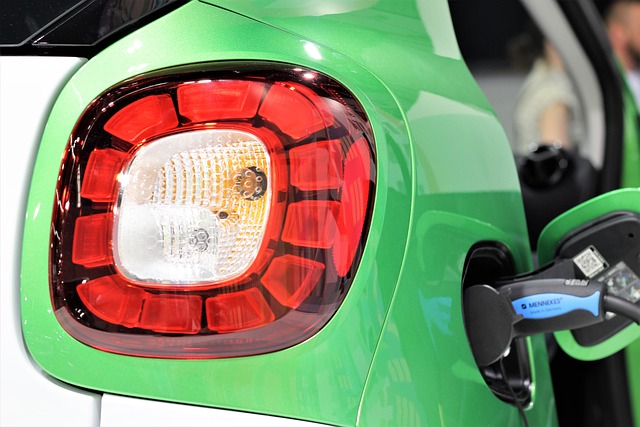
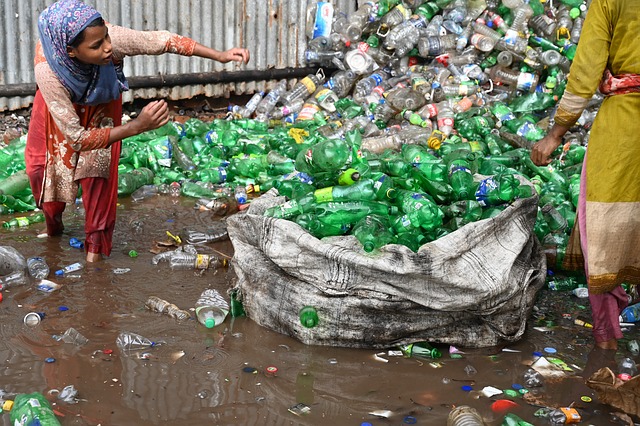
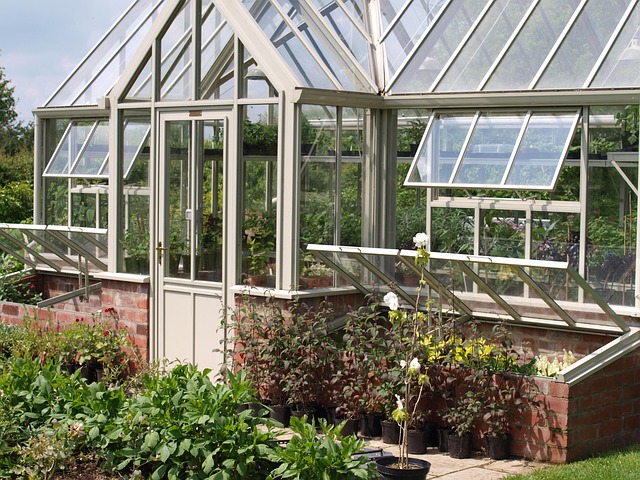
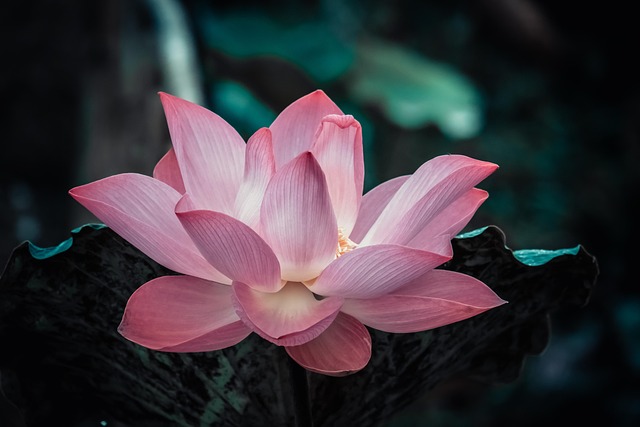

 Greenhouse Gases Absorb Radiation From The
Greenhouse Gases Absorb Radiation From The 
 Health
Health  Fitness
Fitness  Lifestyle
Lifestyle  Tech
Tech  Travel
Travel  Food
Food  Education
Education  Parenting
Parenting  Career & Work
Career & Work  Hobbies
Hobbies  Wellness
Wellness  Beauty
Beauty  Cars
Cars  Art
Art  Science
Science  Culture
Culture  Books
Books  Music
Music  Movies
Movies  Gaming
Gaming  Sports
Sports  Nature
Nature  Home & Garden
Home & Garden  Business & Finance
Business & Finance  Relationships
Relationships  Pets
Pets  Shopping
Shopping  Mindset & Inspiration
Mindset & Inspiration  Environment
Environment  Gadgets
Gadgets  Politics
Politics 